A "bi-partisan" energy bill was reported out of the Senate Energy and Natural Resources Committee yesterday. This proposed legislation, hundreds of pages long, does two things that may affect you personally.
Ranking Senator John Barrasso took issue with these two provisions. His statement is available here. Bravo, Senator!
Title I, Section 1005, allows the Federal Energy Regulatory Commission to site and permit an electric transmission project in the event that a State Utility Commission rejects or denies an application. It usurps state authority to make the decision. Just like the dreaded eminent domain authority, it demands that a state "voluntarily" approve the project, or else FERC will do it for them.
On this provision, Barrasso stated:
“To that end, the bill would empower the federal government to override states’ decisions on the siting of high voltage electric transmission lines.
Last week, the president of the National Association of Regulatory Utility Commissioners, wrote to this committee saying: ‘this new provision simply gives the state an ultimatum: ‘Approve the project or FERC will approve it for you.'
At a minimum, a change of this significance should be the subject of its own hearing before this committee."
Also, Title I, Section 1007, requires that the Secretary of Energy to enter into capacity contracts for service on transmission lines. It's not that the Secretary is going to use this capacity for delivery of energy, it's that the Secretary is going to pay for the capacity and then try to resell it to others. The Secretary is going to use your money to financially support transmission projects that are so unnecessary that they cannot find any customers to use them.
...the Secretary shall seek to enter into capacity contracts that will encourage other entities to enter into contracts for the transmission capacity of the eligible project.
Senator Barrasso's take:
“This bill also gives the federal government the authority to buy electric transmission capacity.
There is no shortage of private sector investment in transmission capacity.
There is no reason to make the federal government a transmission buyer or seller.
Sen. James Lankford from Oklahoma proposed striking this ridiculous provision from the legislation, but his amendment also failed on a party line vote.
If you like these provisions and their effect that could ram a transmission line down your throat and across your property, you need do nothing. If, however, you object, get vocal. Contact your Senators. Contact Senators Barasso, Lankford and Marshall. Contact NARUC. Contact your state public utility commission. Let them know these provisions are completely unacceptable, and why. These people/organizations would probably agree with you. Please let them know you are standing by to take further action and ask them how you can help. This legislation must be defeated!
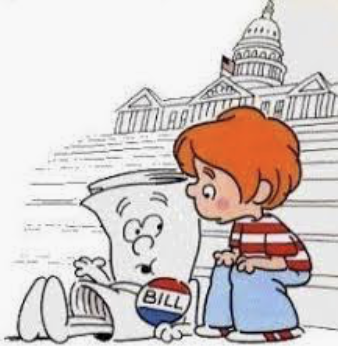

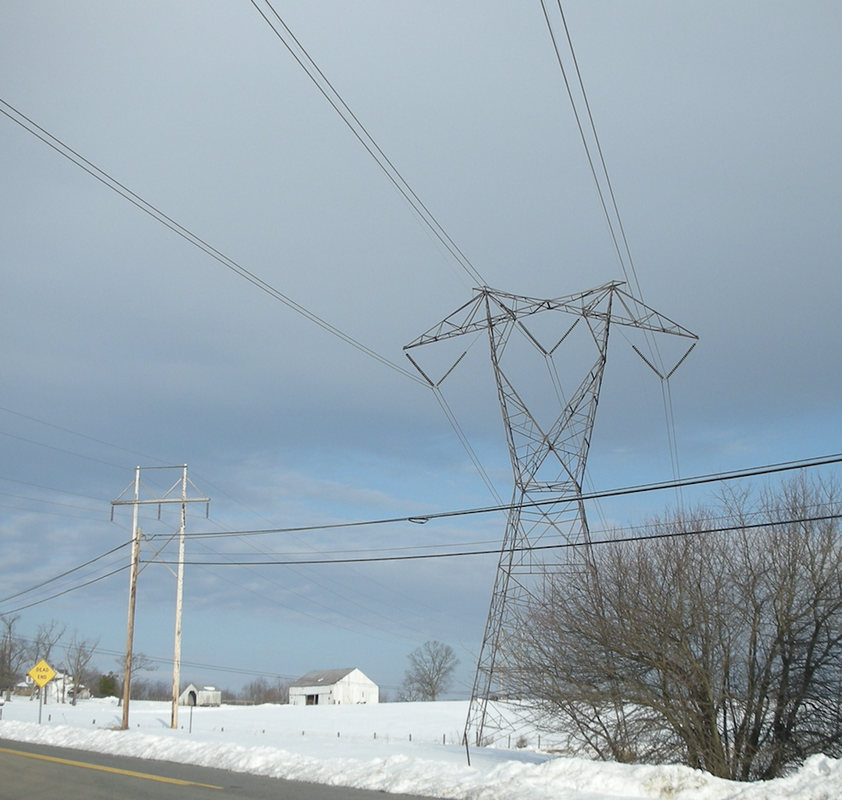
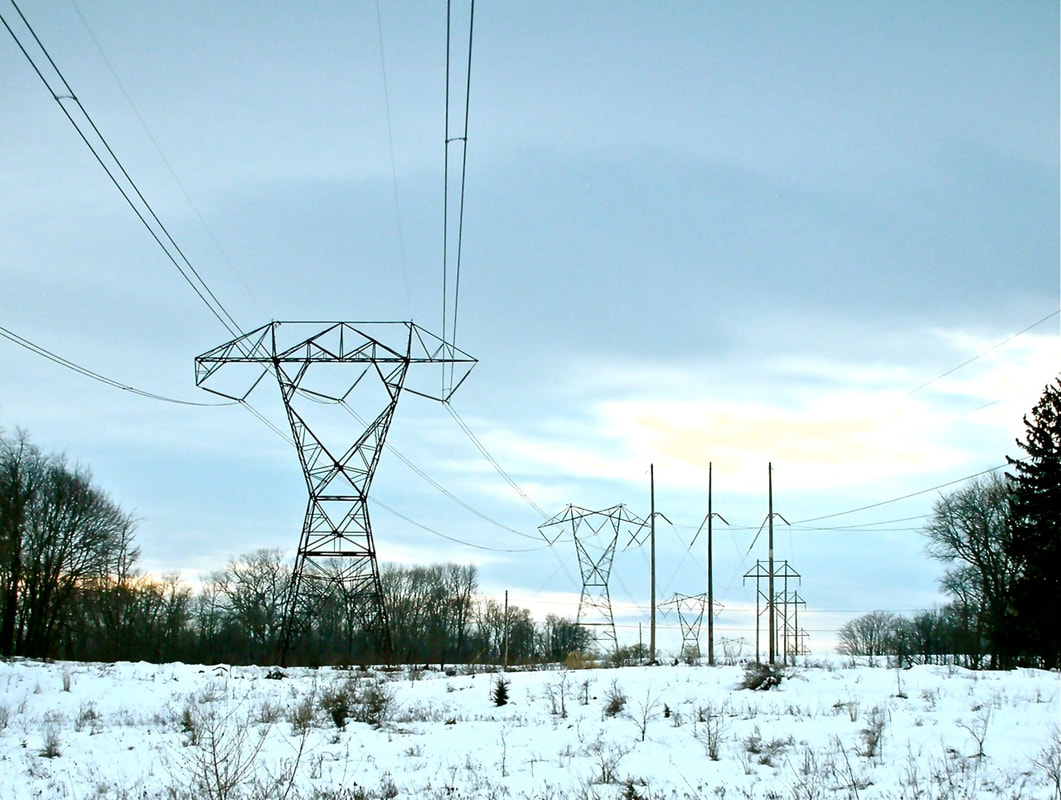
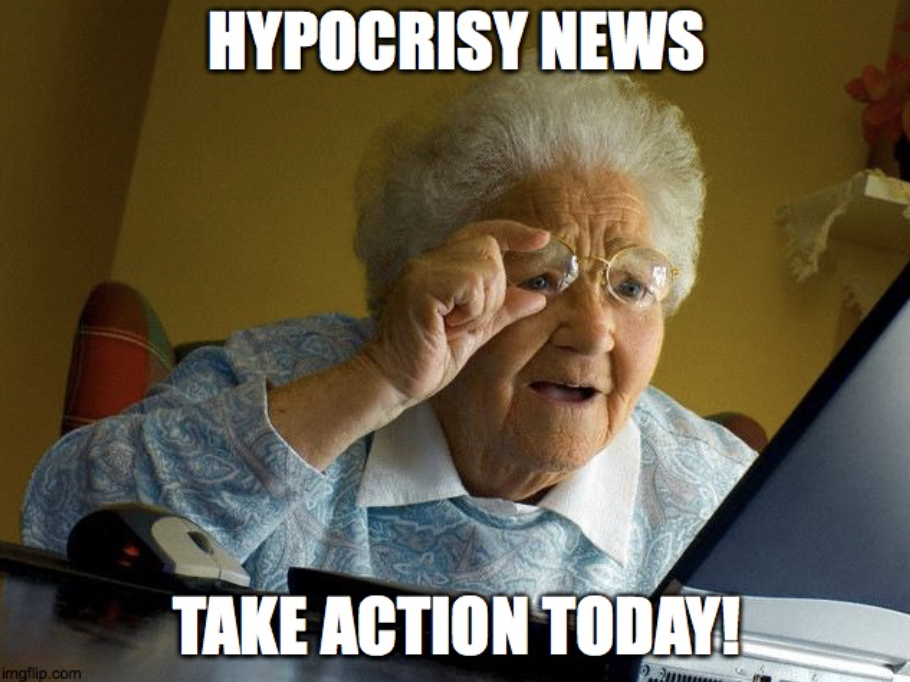
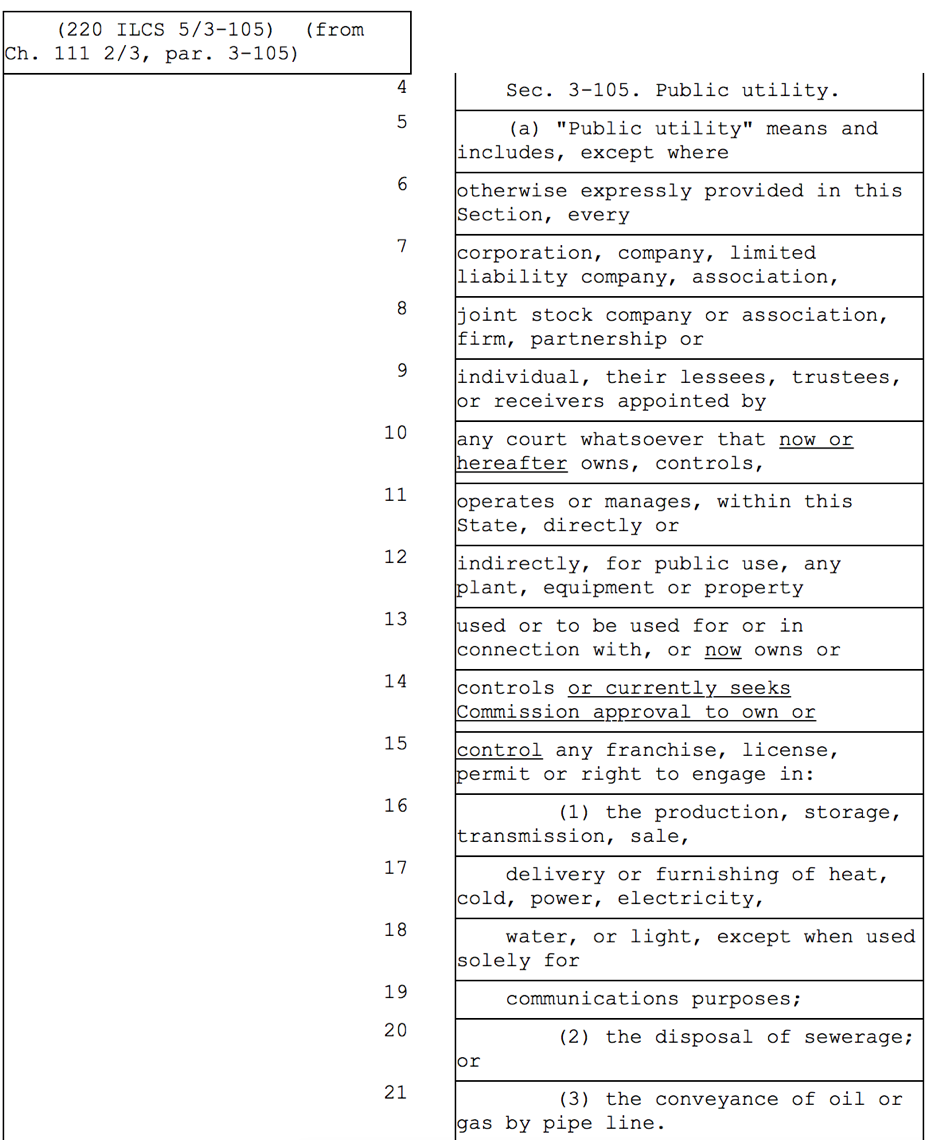


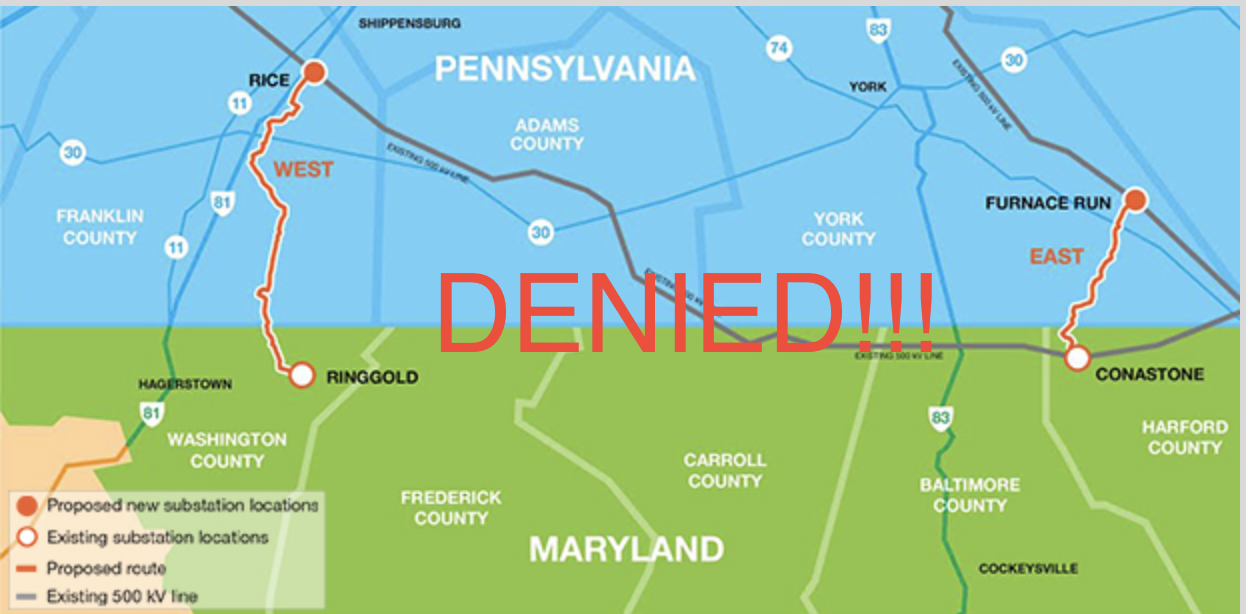
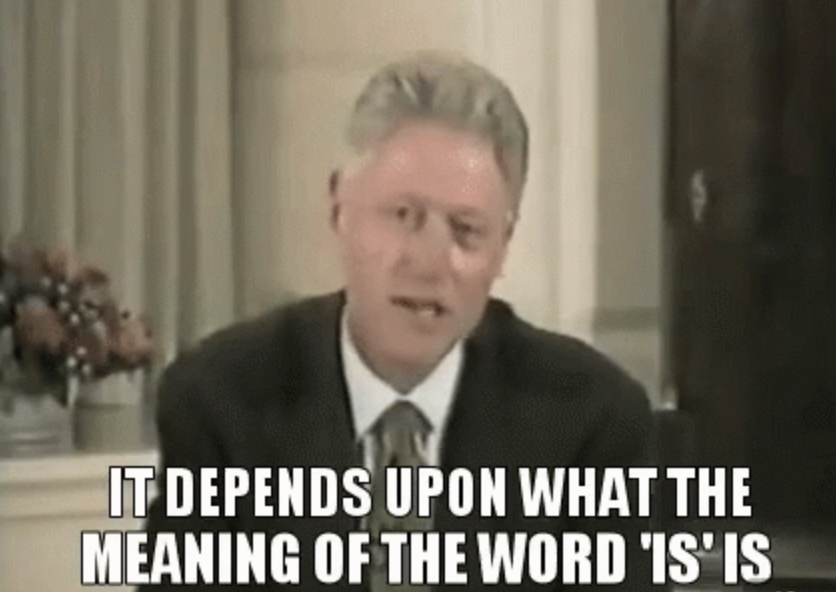
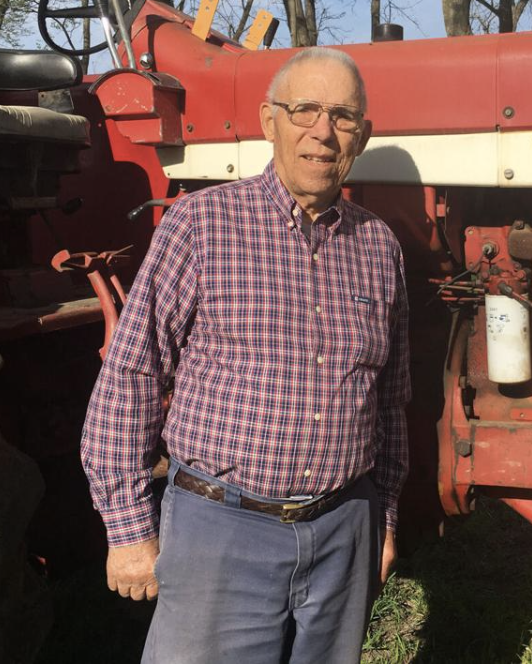
 RSS Feed
RSS Feed